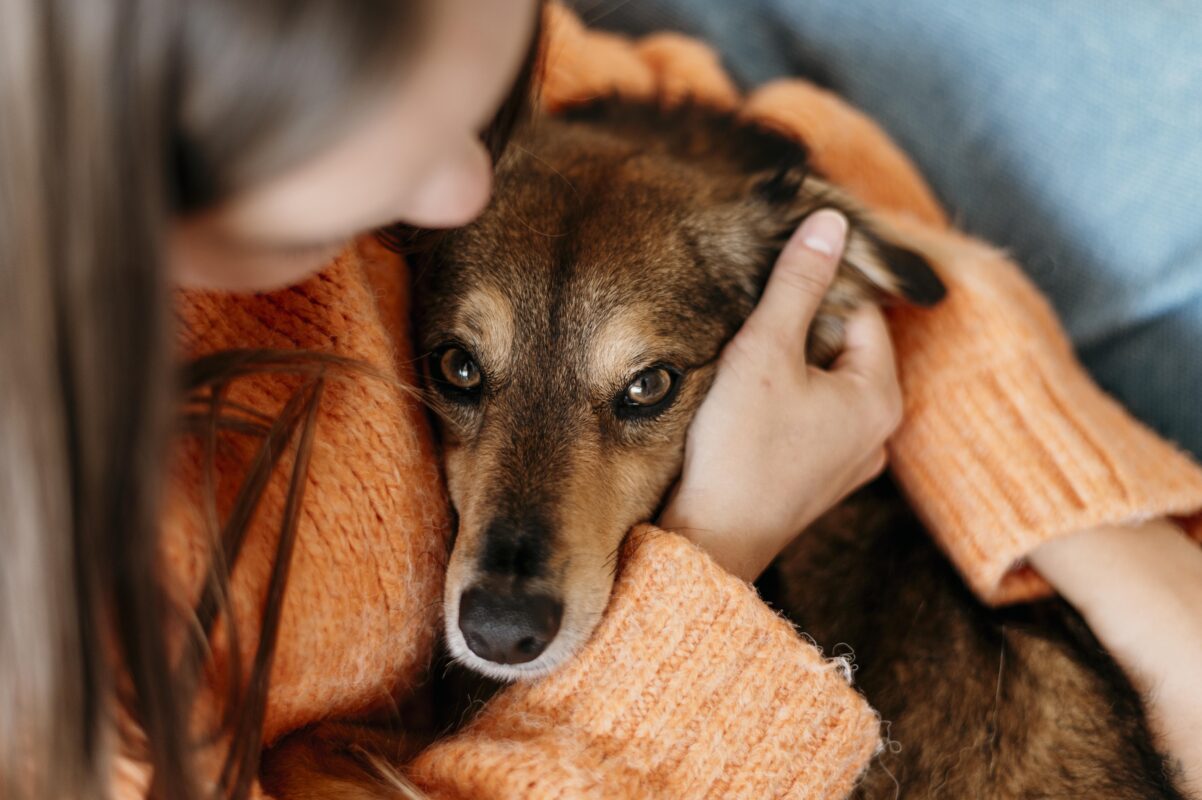Grief Support, Healing and Wellness
Grief Support for Children
Saying Goodbye: Helping Kids Cope with
the Loss of a Loved Animal Friend
Losing a furry, feathered, or even scaly family member can be one of the hardest things a child faces. For many kids, it’s their first experience with death—and the feelings that come with it can be confusing, sad, and overwhelming.
If you’re reading this because your child has just said goodbye to a beloved animal companion, we want you to know: you’re not alone, and neither is your child.
Understanding Their Grief
Children form deep, emotional bonds with their animal friends. They might have whispered secrets to them, snuggled during thunderstorms, or shared snacks and adventures. So when that friend is gone, it’s natural for kids to feel:
- Sadness and crying
- Anger or confusion
- Guilt (“Did I do something wrong?”)
- Loneliness
- Fear of more loss
Every child grieves differently—some might talk about it a lot, while others might seem quiet or act out. All of these reactions are normal.
How You Can Help
1. Be honest and gentle.
Use simple, age-appropriate language. Avoid phrases like “went to sleep” which can be confusing or scary. It’s okay to say, “They died, and we’ll miss them so much.”
2. Let them feel.
Grief doesn’t follow a timeline. Some days will be harder than others. Let your child know it’s okay to cry, to be angry, or even to laugh at silly memories.
3. Share memories.
Draw pictures, tell stories, or make a scrapbook. These simple acts can be healing and help kids hold on to the love without holding on to the pain.
4. Create a goodbye ritual.
Whether it’s planting a tree, lighting a candle, or writing a letter, a farewell ceremony gives children a way to say goodbye in their own special way.
5. Read together.
Books like The Rainbow Bridge, Goodbye, Mousie, or The Tenth Good Thing About Barney can open up gentle conversations and offer comfort.
6. Reassure them.
Let your child know that while it hurts now, the love they shared will never go away—and that their feelings are seen, heard, and held with care.
A Note to Grown-Ups
Children take their cues from us. By showing your own emotions and modeling healthy grieving, you give them permission to feel and heal. And while this journey is hard, it’s also a tender opportunity to teach compassion, resilience, and love that lasts.

